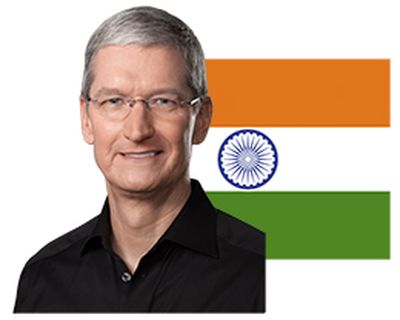 Apple is at an impasse with the Telecom Regulatory Authority of India (TRAI) over the development of an anti-spam iPhone app. The app is meant to allow users to report unsolicited calls and text messages as spam, preventing further spam on their devices (via Reuters).
Apple is at an impasse with the Telecom Regulatory Authority of India (TRAI) over the development of an anti-spam iPhone app. The app is meant to allow users to report unsolicited calls and text messages as spam, preventing further spam on their devices (via Reuters).
Last October, Apple first agreed to help India "tap into new iOS features" to build the app, but in the ensuing months Apple is said to have raised concerns over the privacy implications of allowing the app broad access to customers' call and text logs.
Apple and the Indian regulator have "not met since November," and India in January reportedly asked Apple for "basic clarifications" on what the iOS app would be able to offer users. In a statement last week, Apple said that the app remains in ongoing development because as it stands now it "violates the privacy policy of the App Store." Apple plans to keep working with the regulator and India's engineers to "continue discussing ways they can design their app to keep users' personal data safe."
In hopes of moving things along at a faster clip, TRAI head R.S. Sharma has said that he is consulting a legal team to see how Apple could be pushed into a faster development cycle.
“We will take appropriate legal action,” Sharma told Reuters in an interview. “This is unjust, it shows the approach and attitude of this company.” He did not elaborate on what action the regulator might take.
Apple did not comment on Sharma’s remarks, but said that it shared TRAI’s goal of protecting customers from unwanted calls and messages. Apple said it would not modify its guidelines to allow any app access to contacts, see call logs or view text messages as those functionalities violate a user’s data security and privacy.
Prior to the iPhone app, there has been an Android version of India's "Do Not Disturb" app for about two years, requiring users to grant the app permissions to access contacts and view text messages so that users can report spam and telemarketers. For Google's version of the app, the company said that it believes in "the ability of users to make purchasing and downloading choices without top-down enforcement or censorship."
For the next steps with Apple, the company offered to have its technical teams meet with TRAI, but the Indian government is said to be waiting on "more details" from Apple first. Although Sharma threatened legal action, one former TRAI consultant stated that the Apple/TRAI disagreement is "likely to be more of a public relations battle," as opposed to a legal one.
Over the years, Apple has frequently had to balance its beliefs in user privacy and security as they sometimes conflicted with the laws and requests from foreign governments. Notably, last summer Apple removed a majority of VPN apps from the iOS App Store in China, following regulations passed earlier in 2017 that require such apps to be authorized by the Chinese government.
A few days later in an earnings call, Apple CEO Tim Cook stated: "We would obviously rather not remove the apps, but like we do in other countries, we follow the law wherever we do business. In this particular case ... we hope that over time, the restrictions we're seeing will be loosened, because innovation requires freedom to collaborate and communicate, and I know that is a major focus there."



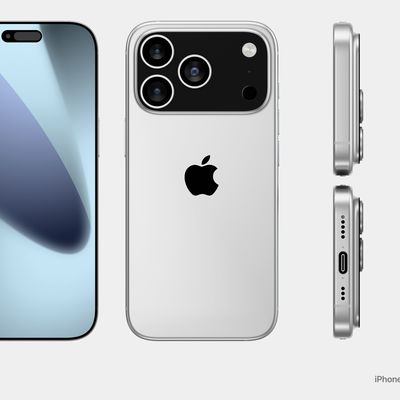
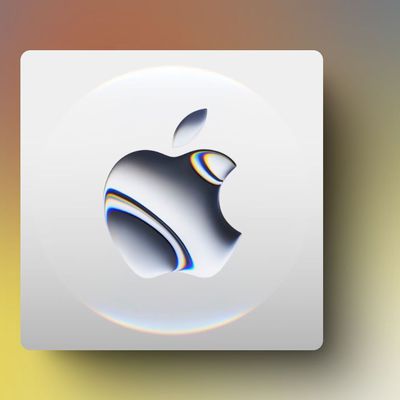

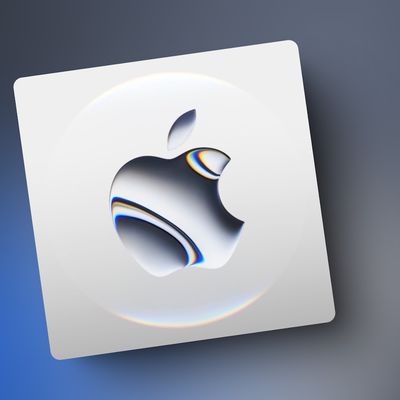


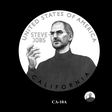











Top Rated Comments
I get so many telemarketing calls even on my Apple Watch that has its own phone number and is tied to my iPhone via AT&T number sync. However, those seem to be spoofing legitimate private numbers. I’m not sure how an app or law enforcement could possibly address that issue.
We've survived just fine on iOS for over 10 years without apps having access to the call and text history, there's no good reason to open up such a dangerous ability now.
One thing I could see Apple potentially doing is introducing a function in iOS that lets you send a selected number (or text) from the phone/messages app to another app for spam reporting. That would be a much better option than giving apps access to the history.